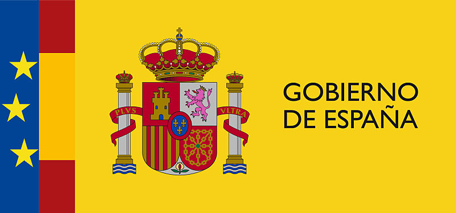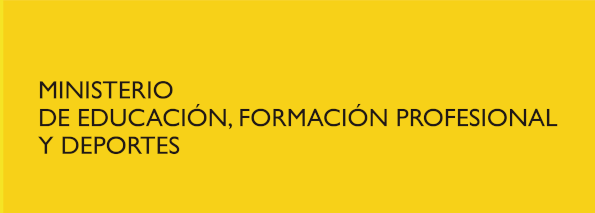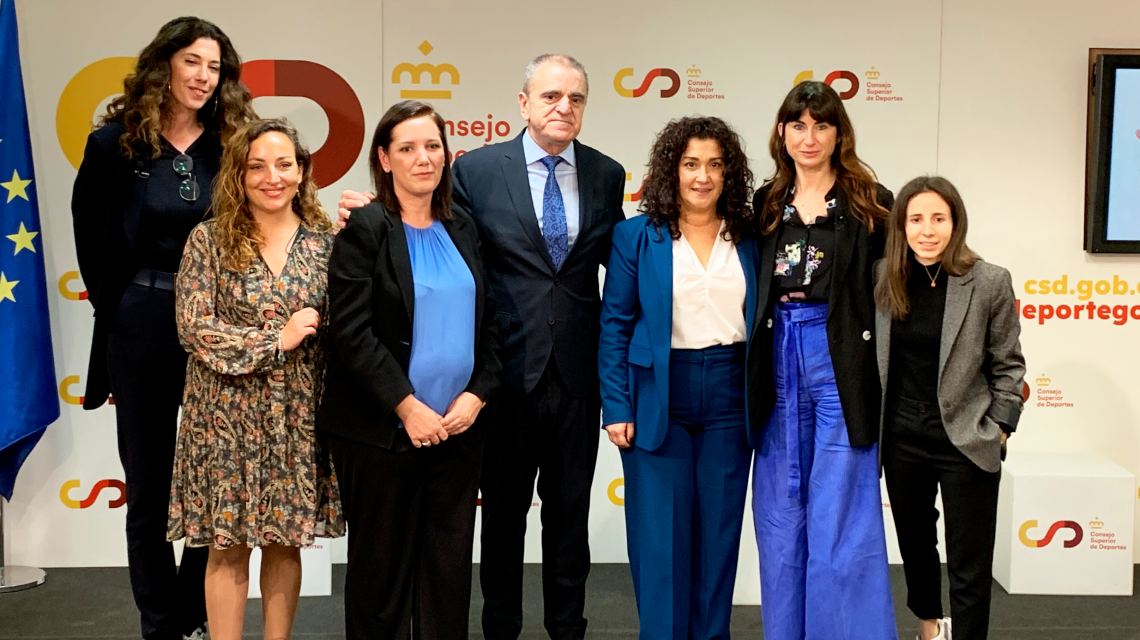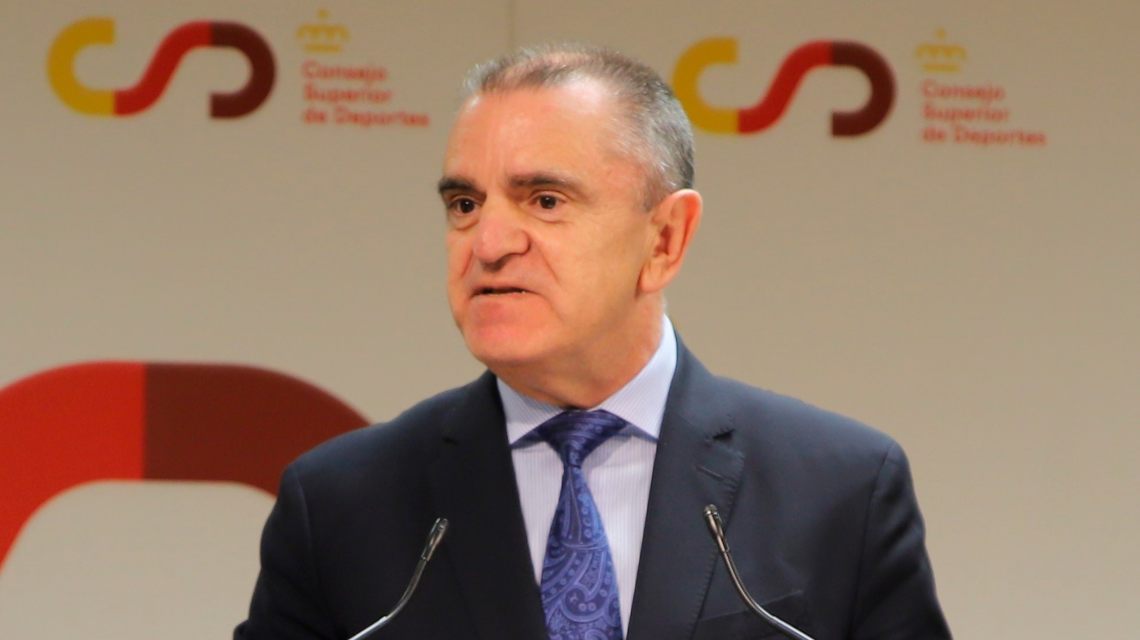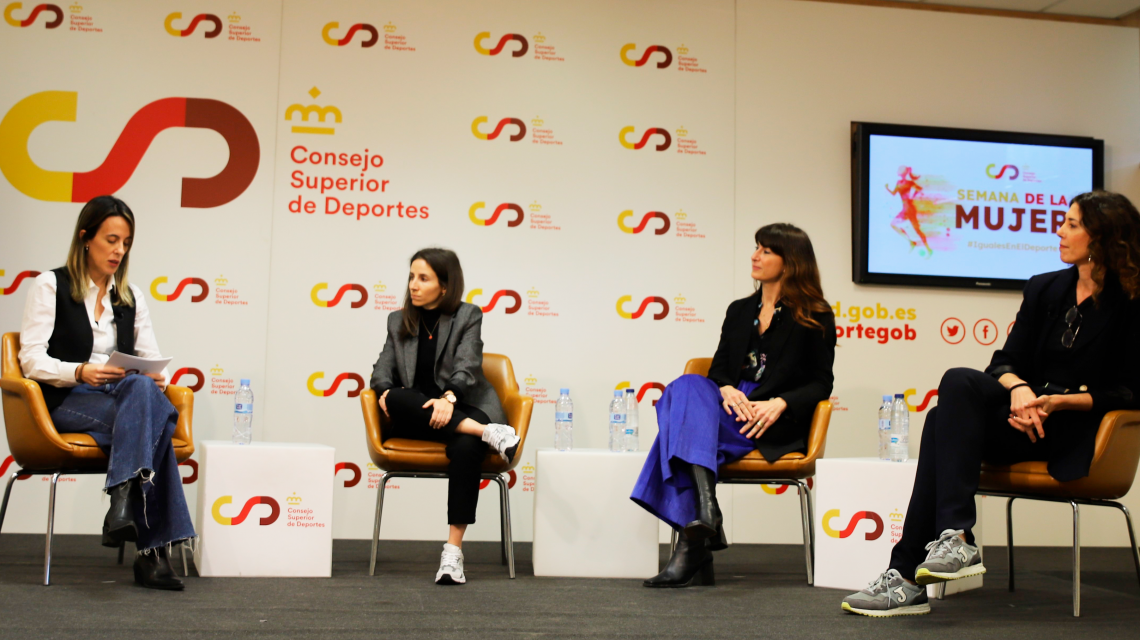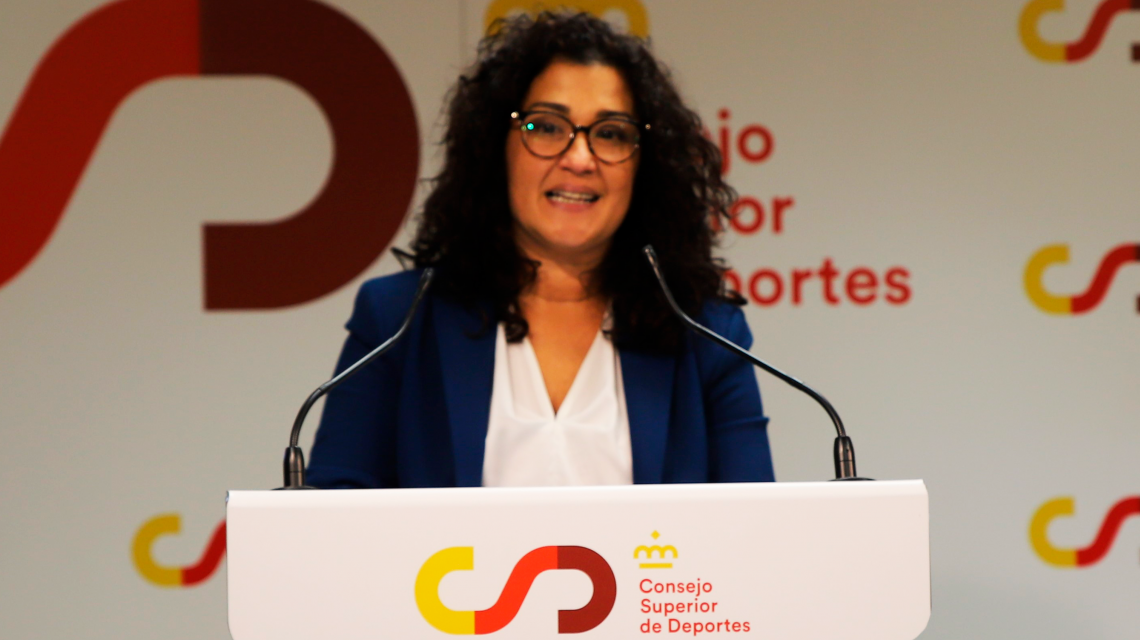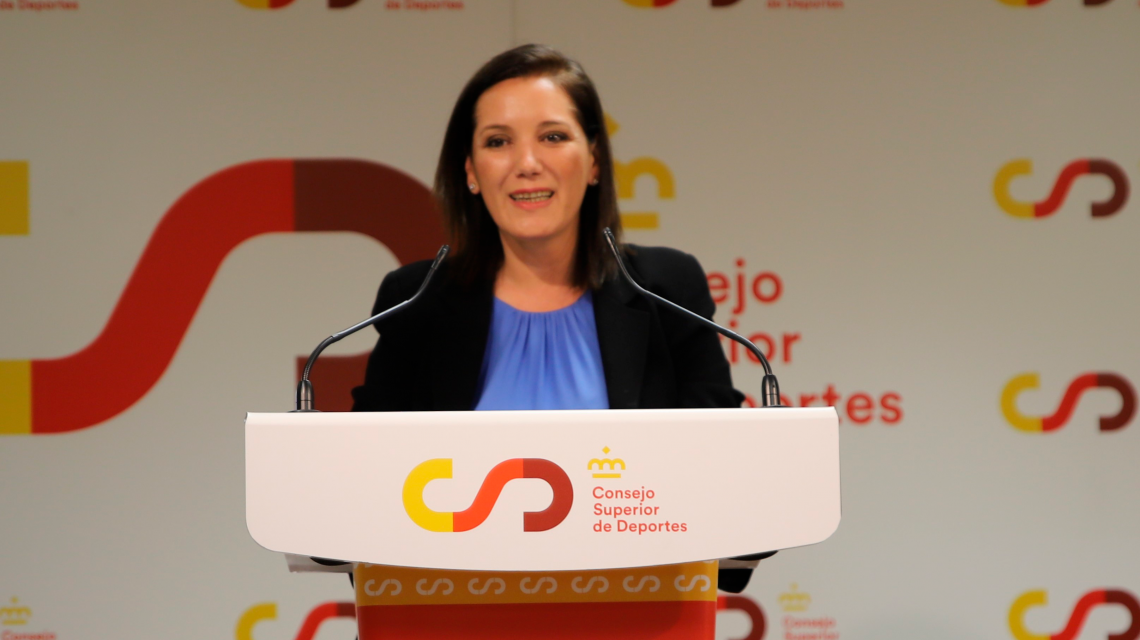Franco: “We must continue taking steps to dignify the role of women in sport”
The Secretary of State for Sport today closed the first day on “Gender Equality in Sport”, which took place at the CSD, on the occasion of the celebration of the International Day of Women the next Wednesday, March 8
During the day a round table was held on “New opportunities for the visibility of women in sport” and two studies related to the presence of women sportsmen in the media were presented: “The visibility of women sportsmen on radio and television” and “Sport and language biases”
Madrid, March 6, 2023.- The Higher Sports Council (CSD) hosted this Monday the first day of the cycle "Gender Equality in Sport" which, on the occasion of the International Women's Day on Wednesday, March 8, was held at the headquarters of the institution with the aim of making visible different realities affecting sportswomen.
The Secretary of State for Sport, Jos Manuel Franco, has been in charge of closing this first day and has done so highlighting that “steps must continue to be taken to dignify the role of women in sport.” “As long as there is discriminatory treatment, in all facets of life and also in sport, there must be those of us who think there is a long way to go. Therefore, the Higher Sports Council will always be there and support this cause,” he said. In this regard, he recalled that the Executive has allocated this year a historic budget of 1.8 million to promote the role of women in sport; and that throughout the legislature, and from the EU Recovery and Resilience Funds, 80 million will be invested for this purpose.
For her part, and during the opening of the day, the Assistant Director-General of Women and Sport, Bârbara Fuerte, spoke about the importance of social awareness and visibility of women athletes who, she says, are “the best policies for equality.”
He has stressed the need for “commitment, responsibility and collaboration of all sports agents and society as a whole” to continue taking steps in this direction.
In this context, it has announced that, on the occasion of the Spanish Presidency of the European Union in the second half of the year, a Conference on “Gender Equality in Sport” will be held with the participation of representatives of the EU itself, the Council of Europe, the Ibero-American Agency and UNESCO, among others.
Throughout the year there has also been a discussion table on the "New opportunities for the visibility of women in sport", in which Carlota Castrejana, current director of the Women's Sports Institute; Joanna Pardos, director of the documentary "Alexia: Labor Omnia Vincit”; and Carolina Jimnez, Head of Digital Communication at O⦅⦆Marketing and the Women’s Universe Tour. The debate, which was moderated by the adviser to the president of the CSD, Judith Masi⦅⦆, has emphasized the importance of combining the presence of women in traditional communication spaces and in new formats.
{"preview_thumbnail":"/sites/default/files/styles/video_embed_wysiwyg_preview/public/video_thumbnails/e4T4AS3M-dY.jpg?itok=1rUF6JDl","video_url":"https://youtu.be/e4T4AS3M-dY","settings":{"responsive":1,"width":"854","height":"480","autoplay":1},"settings_summary":["Embedded Video (Adaptive, autoplaying)"]
Studies on visibility and language
In addition, two studies related to the presence of sportswomen in the media have been presented. One on “Treatment of women in sport on radio and television”, and another on “Sport and language biases”. The first was presented by Heidy Rõos, a researcher at the company Indexa Geodata, who has been digging up the conclusions reached after the analysis of almost 5,000 news articles published over 500 days. These include the fact that women are only present in 8.2 per cent of the news on television, and in 15.4 per cent of the news on radio. With regard to language analysis, the channel with the highest percentage of discursive bias and lexical asymmetries is television, with a percentage of 79.8 per cent. When analysing who is making the voice of the news, 31 per cent were men on television, compared with 15 per cent were women; 79 per cent were men on radio, compared with 18 per cent were women.
Regarding the second study on language bias, the person in charge of making it known, Clara Sainz de Baranda, director of the Institute of Gender Studies of the Carlos III University of Madrid, explained that in 44% of the information analyzed the informative treatment is asymmetric. Despite this, he stressed that in the last 10 years there has been a trend towards the disappearance of these asymmetries, which points to a change in the newsrooms and to the fact that efforts in awareness-raising and training are bearing fruit. As for the discursive biases, he assures that they are still present in cases such as comparison with male sport, relating sportswomen and their children with extra-professional reasons, even going so far as to separate sports information in the story and highlight other types of information that have nothing to do with sport.
This Tuesday will be the second day on “Gender Equality in Sport”, which will host three discussion tables. The first on “The day after the addition”, with the participation of the general director of ADO and ex-olympic waterpolist, Jennifer Couple; the director of competitions of the Spanish Basketball Federation (FEB) and ex-basketball player, Elisa Aguilar; and the captain the Spanish national team MAPFRE Tennis team at the Billie Jean King Cup and extension player, Anabel Medina. Lucća Santiago, Press Officer of the CSD, will be the moderator of this talk.
Then, under the guidance of the Secretary of State for Sport, JosManuel Franco, the table “Five dates, five voices” will take place. It will be attended by Isabel Rodróguez, one of the first professional pelotaris in the country; Mari Paz Corominas, the first woman in our country to reach an olympic final; Conchi Bellorón, current leader of the CSD and exjudoca; Sara Hurtado, ice skating coach and the best espa in this discipline throughout history; and Adriana Cerezo, international taekwondists who with 17 years won a silver medal at the Tokyo Olympic Games. In conclusion, the panel discussion on “Women and Disability” will be held. Lydia Sempere, a car pilot with deep bilateral deafness; Adi Iglesias, a paralympic speed athlete who has only 10 per cent vision because of albinism; and Desire Vila, also a paralympic athlete who competes in the discipline of leaping length and 100 metres with a prosthesis after a leg is amputated. Moderating the conversation, the adviser to the CSD president, Nerea Huete. Susana Mayo, deputy assistant director of the department “Women and Sport” of the CSD, will present the conclusions to the end of this day.
Women's Week of the Higher Sports Council began yesterday, Sunday, with the awarding of an honorary prize to Lavapi Dragons in recognition of the important work of promoting gender equality that the club develops through sport. At an event held at the Ambassadors Street site where the children, girls, women and men registered in the street usually train, the Secretary of State for Sport awarded the recognition to the entity for its “enormous contribution” to the fight for equality.
